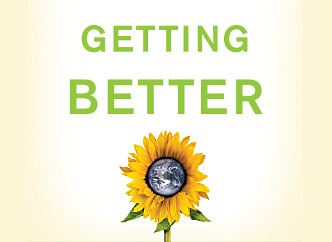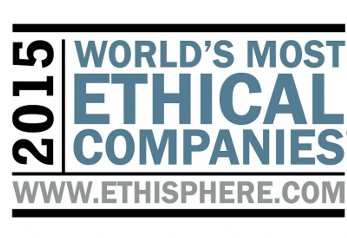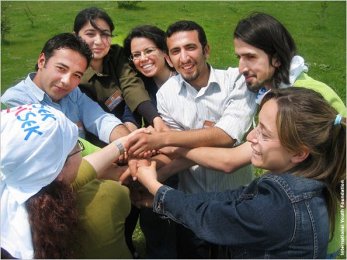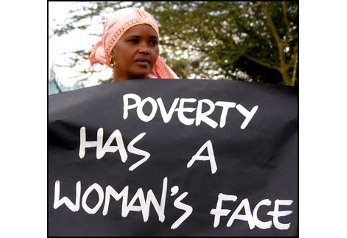
Gunther Sonnenfeld
You may recall that recently a wave of hacks became what was known as the #EthereumFlashCrash. Essentially, this was one of many breakdowns in the Ethereum ‘system’, along with others in the crypto space, that revealed a bunch of vulnerabilities, to include security, smart contracts, wallets, asset creation and collateralization, as well as open governance. To be clear, this is not in any way an indictment of Ethereum. What it does is call to attention is a serious gap, a flaw, in the way blockchain systems are currently designed and built.
Truth is, the Internet itself is not a decentralized infrastructure, despite all of the hype around aspects of it being that — for one, the series of underground and underwater cables that it runs on are not owned by citizens, even if they are taxpayers and shareholders in the entities that operate them.
In the case of Bitcoin, Ethereum and other cryptos, they exhibit decentralized variants, but they are not truly decentralized systems. Not yet, at least.
Decentralized variance simply means that a protocol can take on attributes or behaviors such that it can bypass the normal ways people exchange, trade or redistribute assets, such as currencies, or ideally, natural resources and civic utilities, such as energy.
If you factor in all the hoopla around net neutrality, you can also claim that we have just scratched the surface of designing and building systems that actually represent deep social and ecological conditions. As for decentralized infrastructures themselves, groups like Holochain have developed integrated hardware and software systems that enable the creation of, and compensation for, things like redistributed applications.
So, what we need to consider is that in order to get to ‘next’ on blockchain-driven ecosystems that can break free of the restrictive models found in monoculture — from monopolistic searches (Google), to monopolistic social networks (Facebook), and bias-driven communications (Twitter) — we have to look at whole systems themselves.
Smart Ecologies
An ecology is essentially a system of interactions between organisms and a given environment. In this context, a smart ecology considers organisms to be the people, the communities — along with the social, economic and environmental factors driving them — which interact in ways that are more equitable to more people, and which regenerate natural resources as well as social/intellectual capital.
We developed Smart Ecologies as a means to create living and working systems primarily out of distressed assets. In the example above, the land development is one of many in the U.S. and abroad that has been completely abandoned, yet, it resides next to a railway, a waterway and urban center.
The point being there are preexisting assets that can be used to create many more jobs, many more resources, and many more ways for companies and institutions to test solutions, in market, that can have real civic and commercial value.
A rapidly developing solution set.
As we encounter the challenges of complex adaptive systems of all types, it is incredibly important that we also provide a means for adaptation itself, meaning that we don’t need to control how they operate or how they are governed, but rather, we can quickly develop protocols to improve them.
Traditional management consultancies, such as McKinsey, have rightly illustrated that vertical industries, as one example, are now ‘going horizontal’, such that supply chain infrastructures can actually share, and must share, resources, due to changing economic conditions. These are typically thought of as product or market ecosystems. Monopolies such as Amazon have seized upon the massive opportunity to enable these ecosystems through a set of quick delivery systems.
Judgments aside, this also means that they have yet to address the revitalization of local economies.
Why is this so important?
Because if local economies aren’t revitalized, people won’t have money to spend on products and services. In fact, they will barely be able to work, let alone live.
A polyculture, therefore, is one in which people can live and work on their own terms.
Monetary systems, as one example, are strictly monocultural, even if frictionless payment systems and the like are introduced to banked as well as unbanked people.
And this is precisely where the blockchain can transform civic society, often times through business, but not exclusive to business practices as we commonly understand them.
With Smart Ecologies, we see a two-fold solution for local-to-global economic growth, and it involves the design of solutions that are truly integrated.
. We can leverage preexisting infrastructures to transform supply chains and local civic + commercial systems;
. We can reappropriate a huge amount of private and public capital (liquidity) to do this — in the hundreds of trillions.
Here, a ‘whole ecology’ represents a ‘system of systems’ that can leverage each other’s capabilities to restore value in local economies, and can be replicated, with variance, across those systems.
More simply put, we fuse ecologies with economic conditions and economic solutions.
As for assets and currencies, we, as a society, will likely reach a point soon whereby the assets in the form of civic utilities we do create will call for many forms of blockchain enablement — which, in our view, is also one of the great promises of cryptocurrencies.
So, there are six fundamental precepts for this critical shift:
Assets cannot be purely digital nor speculative per any network if they are not to be gamed or severely manipulated
Tokenization on its own does not necessarily provide collateralization, security, intrinsic value or (non)elasticity (and this is irrespective of replacement or complementary roles of a currency or token)
Elasticity should not be confused with volatility
Participants — stakeholders & investors — must be beholden to governance that includes their own reputations inside a network, over time, rather than outside
Attributes regarding reputation must include earned trust, civic utility and ecosystems integration
Networks themselves must be truly extensible for decentralized variants to be present (nothing is really decentralized — this is a myth!)
It’s time to take economic fundamentals seriously so that we can create viable alternatives for many stakeholder types rather than just money grabs for select investors.
To add, there is also a lot concern about how blockchain mining operations — with Bitcoin in particular — use up wasteful amounts of energy.
To that end, we are currently developing:
an ecologically variant blockchain (includes a net zero energy footprint)
an asset exchange for protecting/regenerating natural resources
a dividend & royalty model for participation
Keep the faith, because amazing economic solutions are in tow!
Gunther Sonnenfeld is a founding partner of Novena Capital









